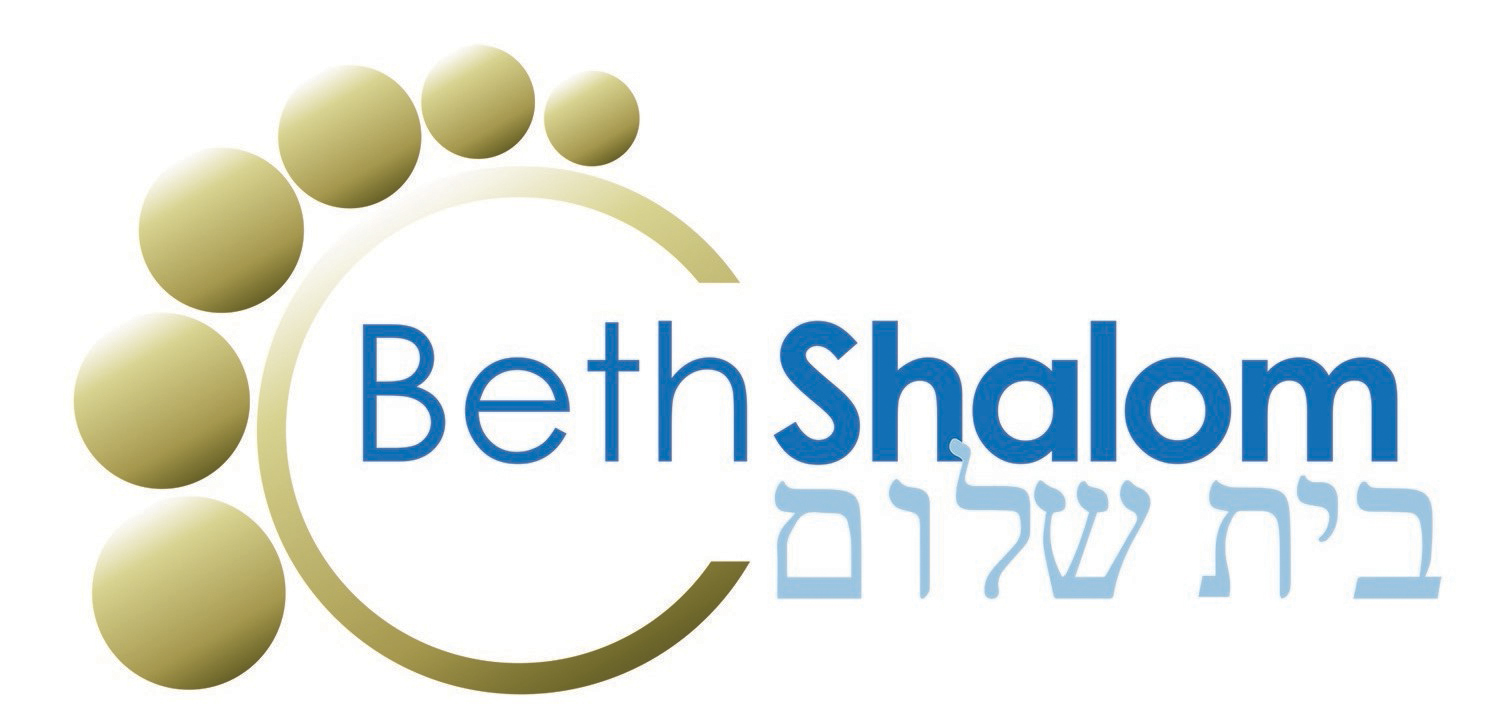Two Fields, Two Kinds of Needs | Moed Katan 2a
February 15, 2019
Last updated :
February 22, 2019
 Kristin Zappone
Kristin Zappone
To start our Talmud learning, we are told about two different types of fields and the permissibility of watering them during the intermediate days of a holiday.
For some context, intermediate days are the middle days of a long holiday like Passover or Sukkot, we call them hol haMoed. On those days, the flavor of the holiday pervades the days even if we are permitted to do most things. One question that comes up then is, what we are or are not allowed to do on those days. Our first Mishnah talks about two types of fields.
These two types require a different amount of water to survive. They are: a field that needs irrigation and a field that suffices with rainwater.
The rabbis spend a great deal of time exploring the various iterations of how one might water these fields, but fundamentally, they are asking these questions:
What does this field need and what is my responsibility to meet that need?
How does this need impact me?
How does this need impact me?
What we can learn from these questions is the broader recognition that the world is full of different kinds of needs and our various responsibilities. The field what suffices with rainwater has fundamentally different needs than the irrigated field. As a result, we shouldn't treat them the same.
We can, and should, recognize the differences and meet their relative needs as best we can.
One additional question is carried through all of these scenarios, how does meeting these needs impact me?
This is understood by the difference between a financial loss or potentially a gain. The rabbis see this question of watering these fields as the following question: if I water them, will I increase my profit or if I avoid watering them, will I take a loss?
Here, the rabbis are fairly clear, only the loss matters, not the profit.
To me, this means that when we are considering how we can meet the needs of those around us, we should recognize that by ignoring them or not acting, we will encounter a loss. This loss is not just a financial one, as in the Talmud, but rather, we as a community will take a loss for not doing our part.
It is not enough to do it because it might benefit us, but that our inaction will be a loss. Our action then is to bring ourselves into balance.
So let us remember to see other's differences, to recognize the various needs they might have, and how we can better serve and assist one another.
- Categories
- Derekh

